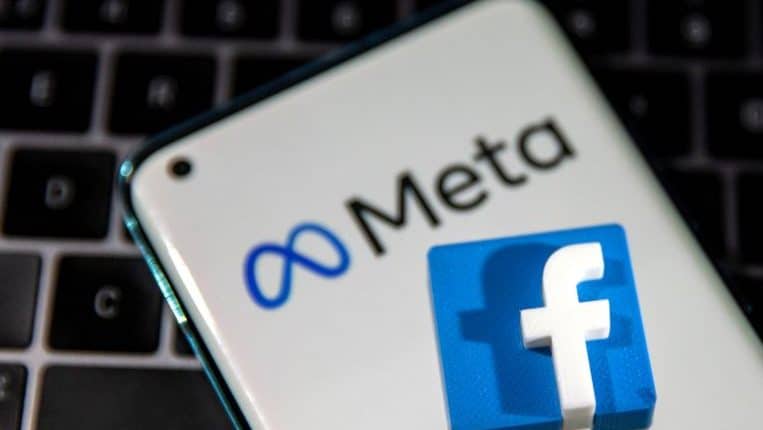The internet continues to be an unsafe place, especially increasingly for women. And while social media platforms are doing what they can to put an end to this, the problem continues to persist. One of the most prominent hazards women face on the internet is the dissemination of their intimate images without their consent, and Facebook-parent Meta is looking to combat this with a range of new initiatives.
Meta is now a part of StopNCII.org – an international channel operated by the UK-based Revenge Porn Helpline to stop the spread of non-consensual intimate images (NCII) on its platform. Two other initiatives are expanding the Women’s Safety Hub to several Indian languages and appointing Indian members to its Global Women’s Safety Expert Advisors.
“Safety is an integral part of Meta’s commitment to building and offering a safe online experience across the platforms and over the years the company has introduced several industry-leading initiatives to protect users online. Furthering our effort to bolster the safety of users, we are bringing in a number of initiatives to ensure online safety of women on our platforms,” said Karuna Nain, Director (Global Safety Policy), Meta.
The StopNCII.org platform does not receive any images or videos, but instead, they will scan the content to generate a unique digital fingerprint (hash) so that the company knows that the piece of content is in violation. Then, Meta keeps a lookout for that content on its platforms and once it is uploaded, its review team checks what is really going on and take appropriate action if it violates its policies. It is an extension of Meta’s NCII Pilot, an emergency program that allows potential victims to proactively hash their intimate images so they cannot be proliferated on its platforms.
It claims to have a removal rate of 90%, based on the cases created and has reportedly removed over two lakh individual NCIIs since 2015. It has teamed up with organizations such as Social Media Matters, the Centre for Social Research, and Red Dot Foundation.
Coming to the Women’s Safety Hub, it will now be available in multiple Indian languages – 12 in total – Hindi, Marathi, Punjabi, Gujarati, Tamil, Telugu, Urdu, Bengali, Odia, Assamese, Kannada, and Malayalam.
It will grant access to tools and resources for women leaders, journalists, and survivors of abuse, as well as video-on-demand safety training, and allow visitors to register for live safety training. So for women users who do not speak or are fluent in English, the Hub is there to support them, transcending the linguistic barrier which invariably crops up when one is accessing information.
Last but not the least, the company has appointed Bishakha Datta, Executive Editor at Point of View, and Jyoti Vadehra, Head of Media & Communications at the Centre for Social Research, as the first Indian members to its Global Women’s Safety Expert Advisors. It has 12 other non-profit leaders, activists, and academic experts from across the world and consults Meta in the development of new policies, products, and programs to better support women on its apps.
